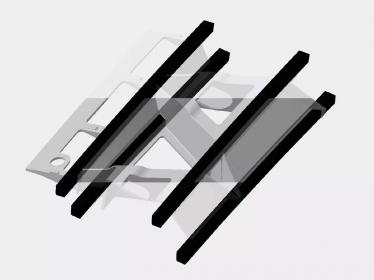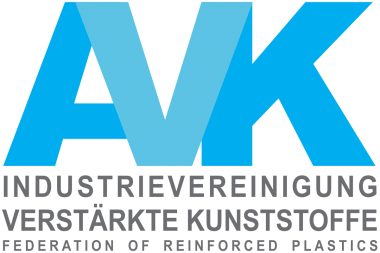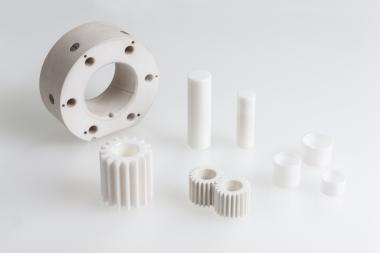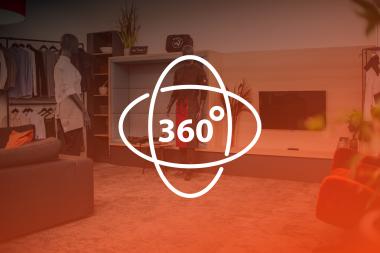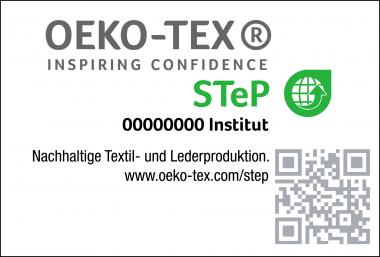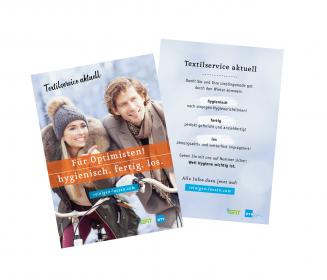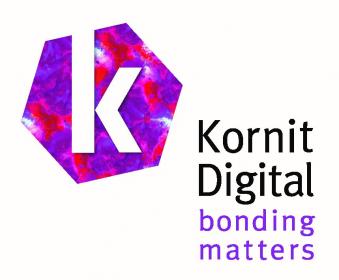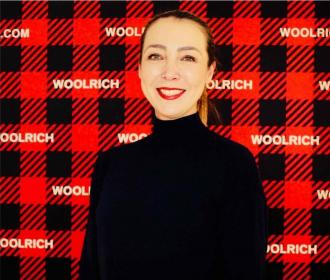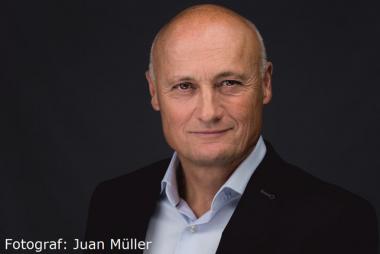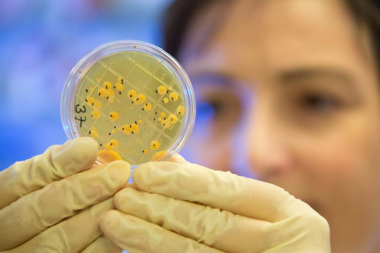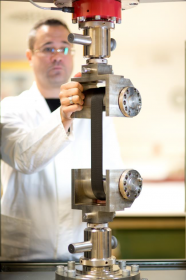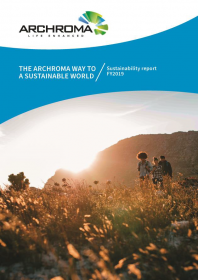JEC Korea Online to start in 7 days
- JEC Korea 2020 Online will take place on November 24-26, 2020.
Seoul – This special online edition of the show will welcome more than 30 speakers and host two of the most innovative composites competitions. Here the full speakers and program line-up.
JEC Korea Online, the new digital event dedicated to European and the APAC Composites community leaders includes Keynote presentations, JEC Composites Technical Conferences, JEC Composites Innovation Awards, the Startup Booster competition, and Composites Exchanges, where companies will present their solutions during workshops.
Read the in-depth program in the attached document.
JEC Group












